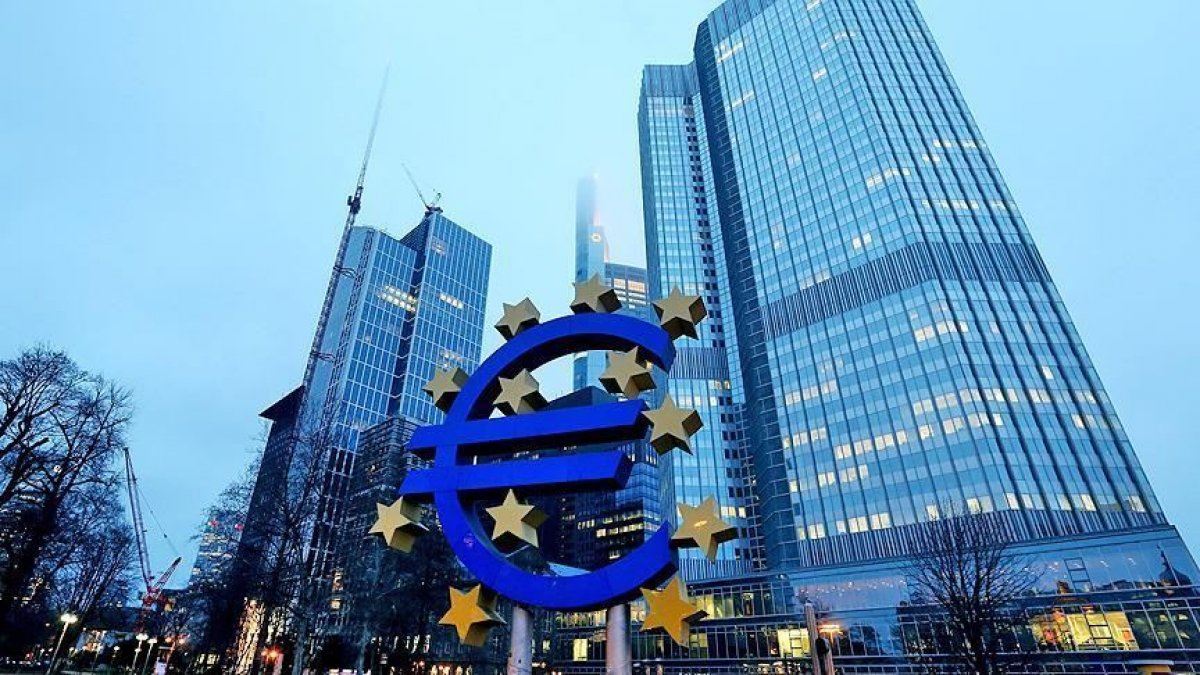Inflation is also on the rise in Europe. The European Central Bank (ECB), the central bank of the Euro Zone, also carries out policy in this direction and makes policy rate decisions. However, the German business community began to criticize the ECB's bond purchases and zero interest policy for "high inflation".
GERMAN AUTHORITY CRITIZES ECB's LOOSE MONETARY POLICY
In the news reflected in the German press, Dirk Jandura, Chairman of the German Foreign Trade Association (BGA), stated that the ECB made a mistake and argued that the bank's loose stance in monetary policy caused serious side effects.
"The fact that the ECB helps stabilize public finances in times of crisis may be politically justified, but not in the long run. In the long run, it jeopardizes trust in the currency by destroying its value." and called for the ECB to end its loose monetary policy.
Peter Adrian, President of the Union of German Chambers of Industry and Commerce (DHIK), criticized the ECB's strategy in the face of high inflation and said they were concerned that the ECB still "does not signal a real exit from the loose monetary policy".
"THE ENERGY PRICES AND INCREASING DEMAND IS APPRECIATING"
Representing Germany's information, communication and new media sectors, BITKOM President Achim Berg expressed his concerns about various inflation factors such as increasing raw material and energy prices, carbon pricing, persistent supply bottlenecks and excessive demand for many products and goods. should not fuel the fire with a sustained policy of super-cheap money.” made its assessment.
INFLATION IN GERMANY IS HIGHEST IN 30 YEARS
The data of the Federal Statistical Office (Destatis) in Germany indicate that annual inflation, which was 4.5 percent in October, increased to 5.2 percent in November due to the effect of energy prices and the epidemic, reaching the highest level of the last 30 years.
Unusually high inflation for the consumer is well felt in Germany, and doubts are growing over the view that the price increase will be "temporary", advocated by most central bankers and economists such as ECB President Christine Lagarde.
"Inflation" has always been seen as a sensitive issue in Germany, due to the hyperinflation of the Weimar Republic (1918-1933) a century ago, which undermined the purchasing power of consumers.
Lagarde stated that the inflation was caused by the increase in energy prices, the increase in demand along with the economic recovery, and the supply problems. is in its assessment.
While German savers are worried about high inflation, Focus magazine in the country warned that "inflation eats your money" for retirees and savers.
The newspaper “Bild” harshly criticized ECB President Christine Lagarde, accusing her of destroying the earnings and savings of ordinary people by tolerating the rise in inflation.
The newspaper, which called Lagarde "Madame Inflation", accused her of being a high-income person who likes to dress luxuriously, and said she didn't seem to care about the hardships of ordinary people.
Also Bild, "Christine Lagarde is melting pensions, wages and savings." made its assessment.
Describing Lagarde as "Luxury Lagarde", Bild said, "He likes to wear luxury brands, earns almost 40 thousand euros a month, but he doesn't seem to care about normal people's concerns."











Comments
No comment yet.